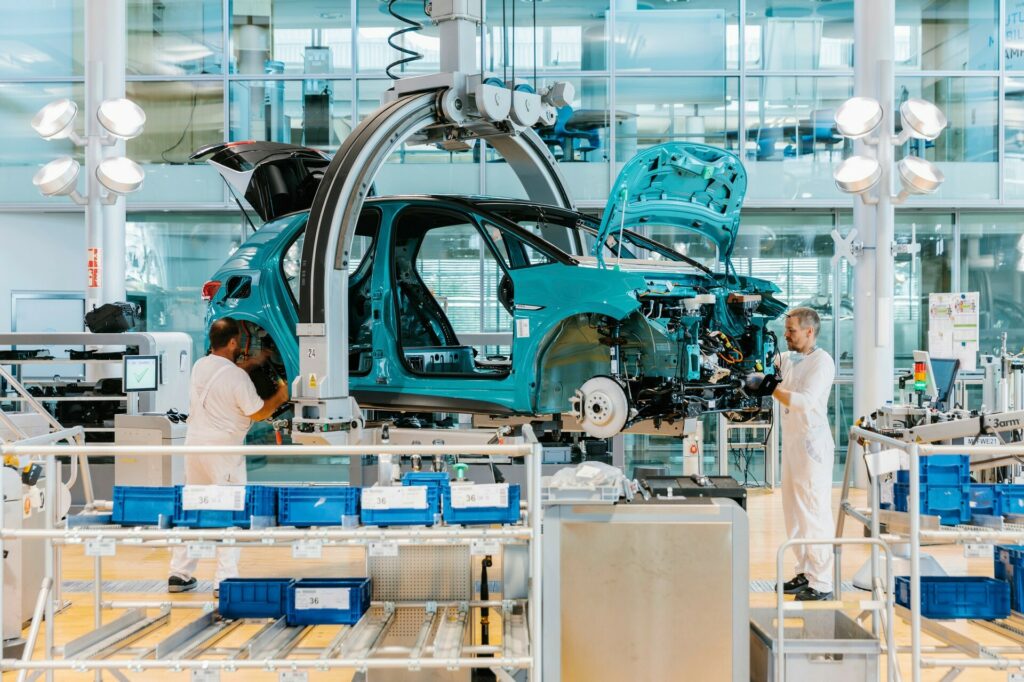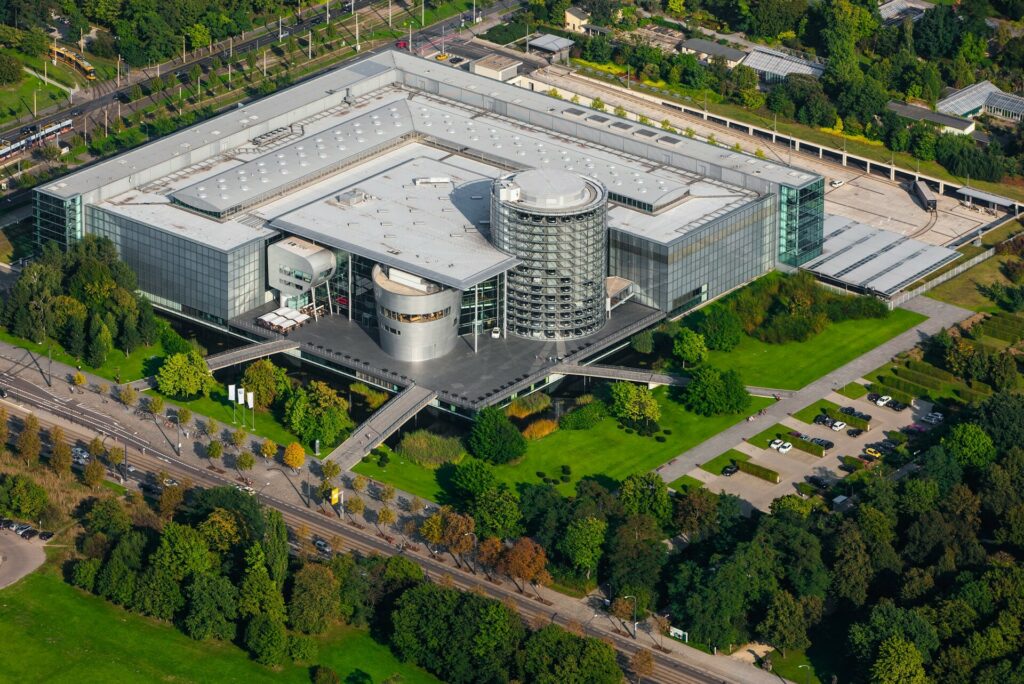- Volkswagen managers will see significant bonus cuts in 2025 and 2026 as part of restructuring.
- The deep cost-saving measures are designed to secure the company’s long-term stability.
- Europe’s largest carmaker has also confirmed a significant reduction in its German output.
A few days ago, VW and the German IG Metall union reached an agreement on cost-saving measures that will see over 35,000 jobs cut across the country by 2030. These layoffs are expected to save the company €1.5 billion ($1.5 billion) in labor costs annually. While the cuts are a blow to workers, around 4,000 managers will also feel the impact, facing significant pay reductions as part of the cost-saving efforts.
German sources indicate that managers will give up bonuses equivalent to 10% of their income in 2025 and 2026. In the following three years – 2027, 2028, and 2029 – bonuses will be reduced by a further 8%, 6%, and 5%, respectively. By 2030, it’s hoped that VW will have its finances under control and won’t need to make further pay reductions.
Read: VW Confirms More Than 35,000 Job Cuts In Germany, Golf Production Moving To Mexico
“Management and the board must be part of the solution, which the employee side has asked for from the start,” an IG Metall union representative told NTV.
In recent months, VW has been eager to make cuts it believes will secure its long-term future, rather than just focusing on short-term solutions and cost-saving measures. Not only is it reducing salaries and axing workers, but VW is also going to lower production capacity in Germany by 734,000 units.

Changes will be felt across VW’s production network. The Wolfsburg plant will handle production of the ID.3 and Cupra Born, while manufacturing of the Golf and Golf Estate will shift to Mexico in 2027. VW’s Emden plant will continue building the ID.4 and ID.7, while the Osnabrück site will cease production of the T-Roc Cabrio in mid-2027. VW has committed to keeping this plant open but is still exploring the best options for doing so.
Production at VW’s Dresden facility will also wrap up next year, but it will also be retained and could be used as part of a “third-party scheme.”
“The agreement is an important signal for the future viability of the Volkswagen brand, Volkswagen Commercial Vehicles and the component plants,” VW Group chief executive Oliver Blume said of the sweeping changes. “With the package of measures that has been agreed, the company has set a decisive course for its future in terms of costs, capacities and structures. We are now back in a position to successfully shape our own destiny.”




